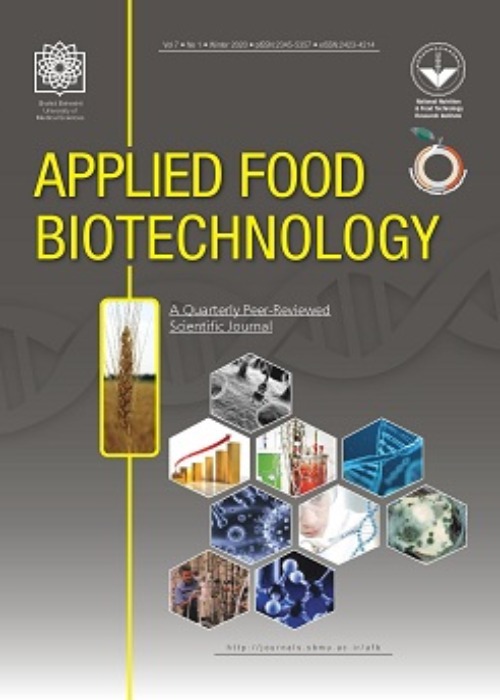Toxicity Assessment of Lactococcus lactis IO-1 Used in Coconut Beverages against Artemia salina using Brine Shrimp Lethality Test
Plant-based fermented foods containing favorable micro-organisms have been used to improve diets. Starter microorganisms may produce toxic compounds that are hazardous to consumers. Brine shrimp lethality test is a convenient and appropriate assay to check toxicity of samples. The aim of this study was to investigate toxicity of pasteurized coconut beverages at 70°C, 80°C and 90°C for 25, 15 and 5 min, respectively, and unpasteurized coconut beverages fermented by Lactococcus lactis against Artemia salina nauplii.
After extraction of coconut beverages fermented by Lactococcus lactis using methanol, cytotoxicity was assessed using (lethality concentration). Newly 10 hatched Artemia salina nauplii were transferred into various concentrations (in replicates) of the fermented sample extracts. After 24 h, survived Artemia salina nauplii were counted and lethality concentration was assessed. The brine shrimp lethality test was used to investigate sample toxicity at various doses from 1 to 500 µg ml-1 at various time intervals.
The fermented extracts included low larvicidal potential against Artemia salina nauplii. Correlations were reported between the extract doses and percentage mortality of nauplli brine shrimp. The pasteurized fermented extracts were less toxic and cheaper. Interestingly, starter culture, fermentation, thermal treatment and time contributed to breaking down of hydrolysable tannins and larger polyphenolic compounds, producing smaller compounds with lower toxicity responses in brine shrimp lethality test. The four probiotics beverage extracts included non-cytotoxic activity as presented by low mortalities in brine shrimp lethality test. In conclusion, these extracts can be used to justify probiotic production of beverages.
- حق عضویت دریافتی صرف حمایت از نشریات عضو و نگهداری، تکمیل و توسعه مگیران میشود.
- پرداخت حق اشتراک و دانلود مقالات اجازه بازنشر آن در سایر رسانههای چاپی و دیجیتال را به کاربر نمیدهد.


